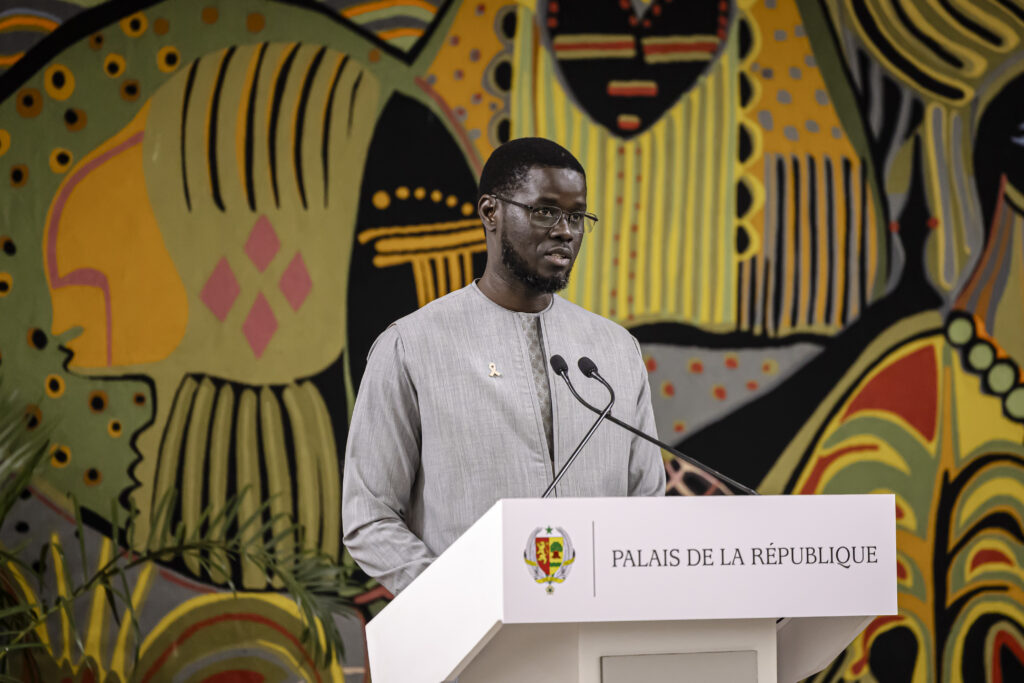Investigations into one of the worst massacres in France’s colonial history took a step forward on Thursday when researchers presented an official report to Senegalese President Bassirou Diomaye Faye.The document, whose contents have not yet been made public, aims to clarify events in 1944 when the French colonial army in Senegal massacred African troops who had fought alongside them in World War II.Even though most of the perpetrators are now dead and France is no longer a colonial power in west Africa, the findings could still eventually lead to demands for reparations. Excavations have been under way since early May at the Thiaroye military camp to shed light on the massacre, when dozens — possibly hundreds — of African soldiers who had fought for France protested against unpaid wages and were shot dead.”This white paper is a decisive step in the rehabilitation of historical truth,” Faye told a ceremony attended by Prime Minister Ousmane Sonko and members of his government. He said the document was “based on tangible facts, drawn from archives here and in France”.Around 1,300 soldiers from several countries in west Africa were sent to the Thiaroye camp in November 1944, after being captured by Germany while fighting for France.Discontent soon mounted over unpaid backpay and demands that they be treated on a par with white soldiers. On December 1, French forces opened fire on them.- Excavations -Even now, questions remain about the number of soldiers killed, their identities and the location of their burial.While French authorities at the time said 35 had been killed, historians say the real death toll could be as high as 400.Excavations at a cemetery at the Thiaroye military camp, outside Dakar, began in May. Archaeologists unearthed human skeletons with bullets in their bodies.The Senegalese government, which still accuses France of withholding archive documents that would shed light on the death toll, ordered the excavations as a way to “uncover the whole truth”.On Thursday, Faye said they would continue “at all sites likely to contain mass graves”. “Historical truth cannot be decreed. It is uncovered excavation by excavation, until the last stone is lifted,” he said.It was not until November 2024, 80 years after the atrocity, that France acknowledged the massacre had occurred.The French corps of “Senegalese riflemen” — created during the Second Empire (1852–1870) and disbanded in the 1960s — comprised soldiers from former French colonies in Africa, notably Senegal, Ivory Coast and what are now Mali and Burkina Faso. The term “Senegalese rifleman” eventually came to refer to all African soldiers fighting under the French flag. They took part in both world wars and the wars of decolonisation.
